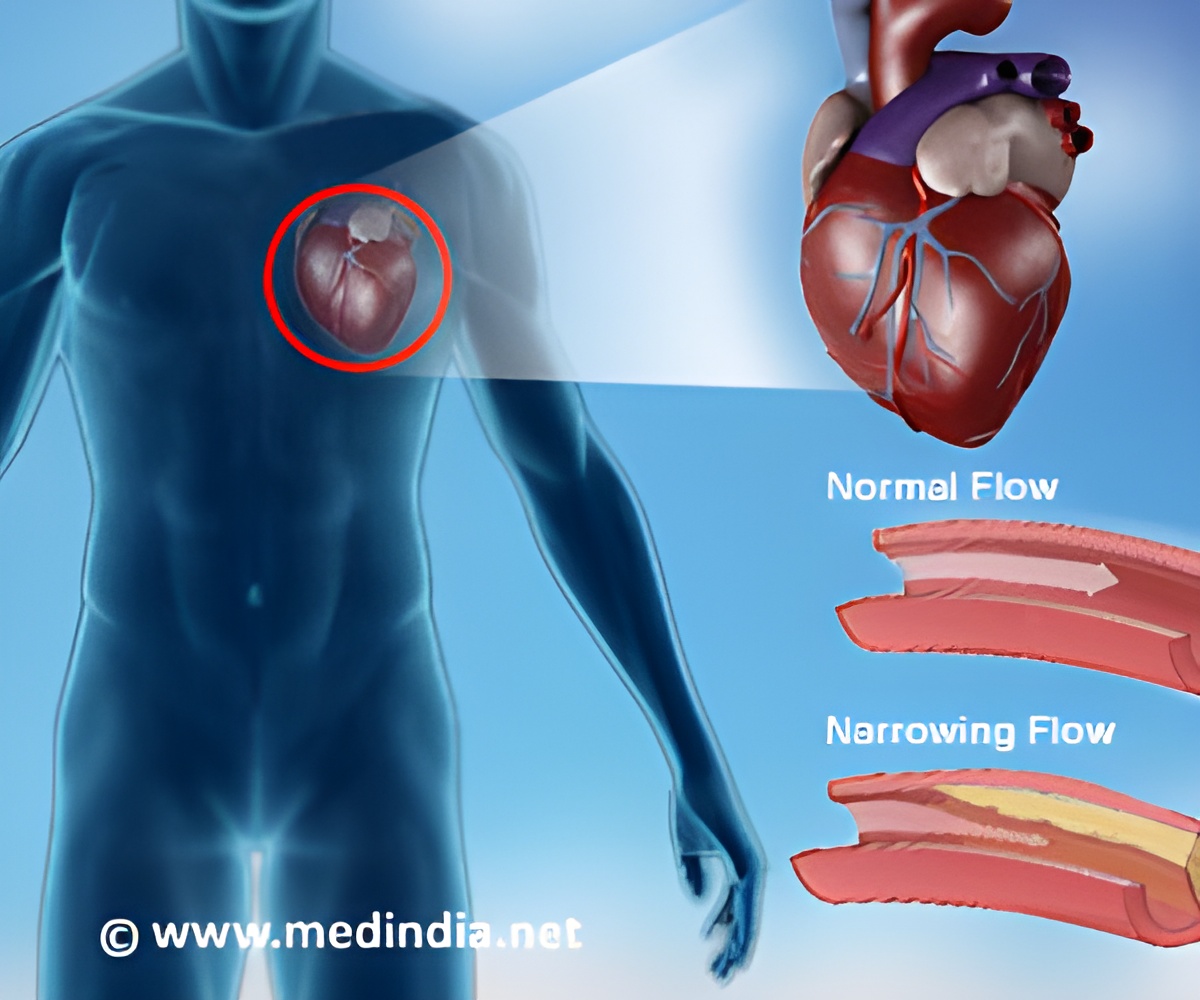Researchers found out that poor kidney function is directly associated with specific stroke subtypes, particularly cardioembolic stroke, in a large cohort of patients.

‘The intelligence provided by this large-scale study will help predict the risk of stroke and final prognosis of many of these patients.’





Chronic kidney disease has a known association with stroke because patients with impaired kidney function are twice as likely to have a stroke than healthy individuals. There are different types of strokes, however, it is not clear whether poor kidney function causes people to suffer from all types of strokes or are in favor of certain types.On behalf of the Japan Stroke Data Bank Investigators, Kaori Miwa explains, “Other groups have explored the link between renal impairment and stroke." She also said, "But the results were inconsistent, with some studies finding no significant association between these two conditions, and some studies showing that there is indeed a connection.”
To resolve this controversy, the researchers examined medical data from more than 10,000 individuals from the Japan Stroke Data Bank, a nationwide database of patients suffering from severe stroke. This multicenter hospital-based registry has the benefits of standardized medical information, ensuring an accurate diagnosis of stroke and including rigorous management by stroke specialists.
“Using such a large and comprehensive database enabled us to definitively show that low filtration rates and high levels of protein in the urine are associated with cardioembolic stroke, while small vessel occlusion was less common compared to other types of stroke,” states Masatoshi Koga, second author on the paper.
In addition to the increased risk of cardioembolic stroke, a lower filtration rate predicts disability after cardioembolic stroke, and both a lower filtration rate and higher urinary protein levels are associated with a higher chance of dying when hospitalized for stroke.
Advertisement
Nearly 10% of the global population suffers from chronic kidney disease, and the intelligence provided by this large-scale study will help predict the risk of stroke and final prognosis of many of these patients. Understanding what is a subtype of stroke patients with impaired renal function may be helpful in guiding preventive treatment.
Advertisement











